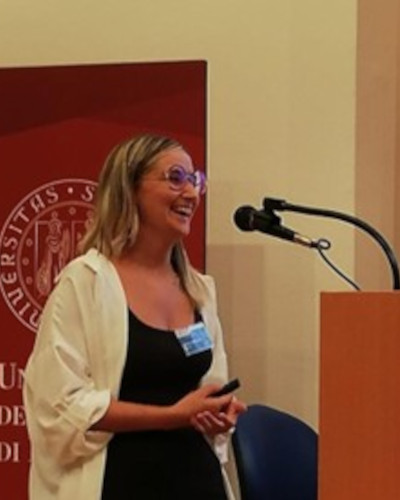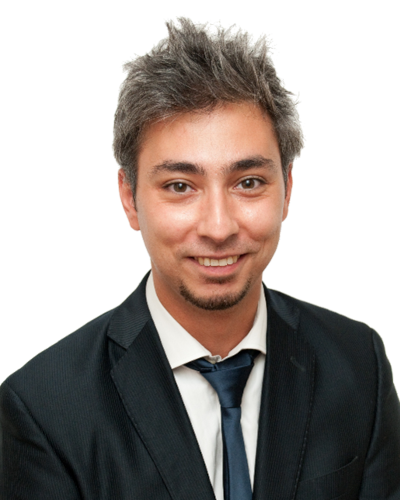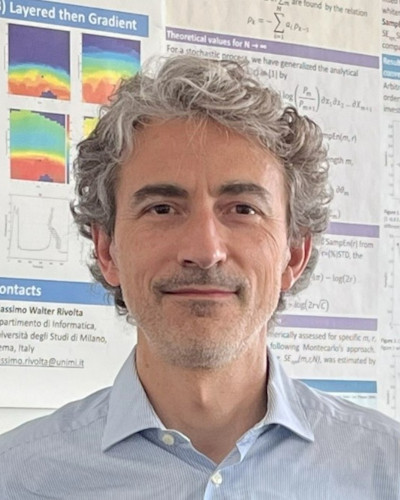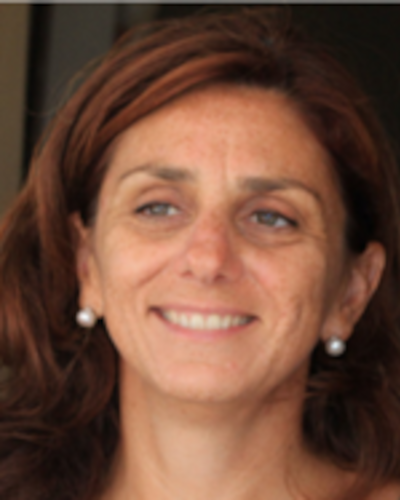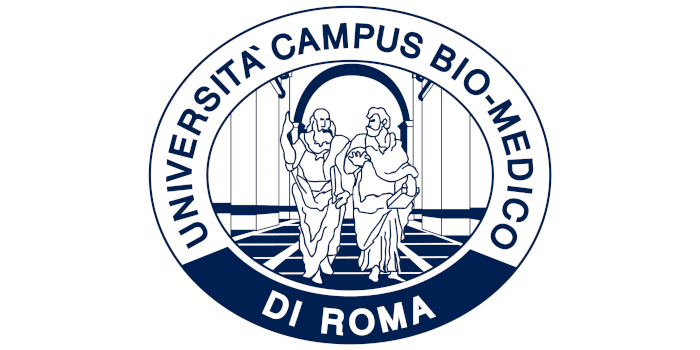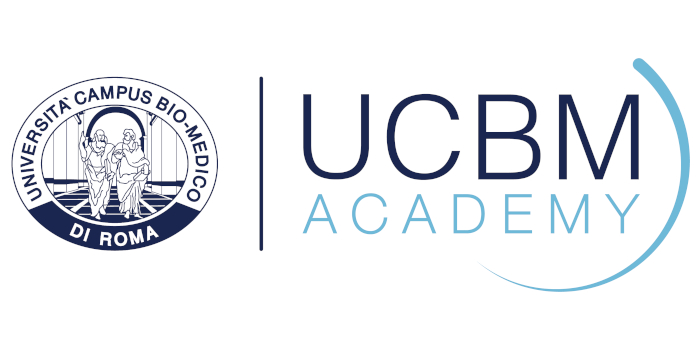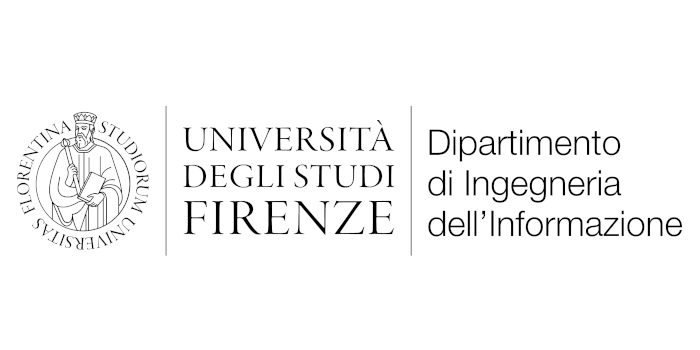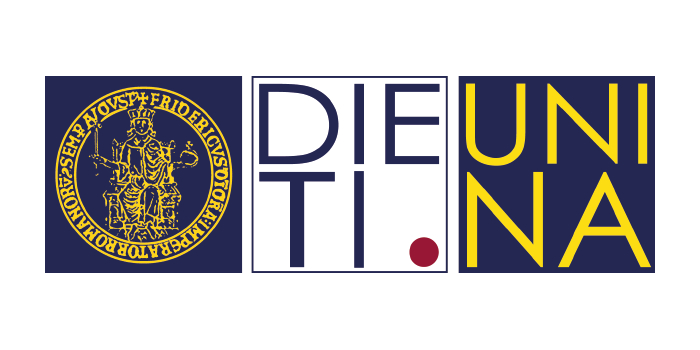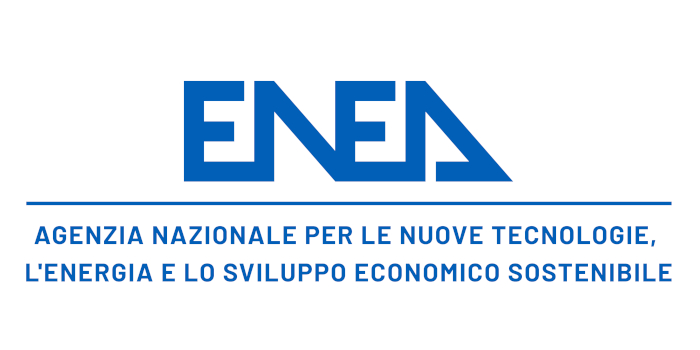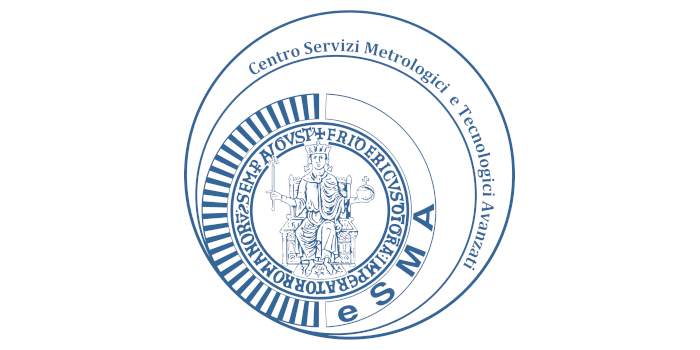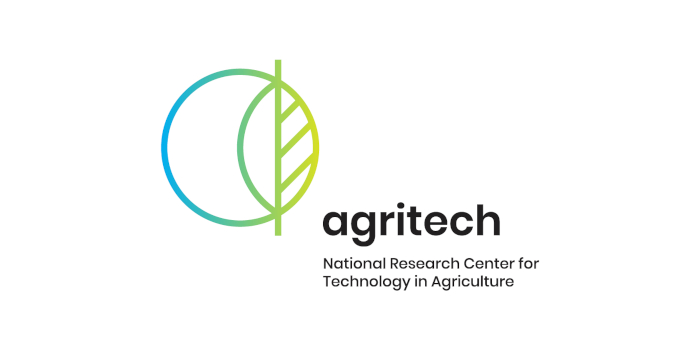SPECIAL SESSION #12
Cardiovascular engineering: from sensors to decision support systems
ORGANIZED BY
Agnese Sbrollini
Polytechnic University of Marche, Italy
Massimo W. Rivolta
University of Milan, Italy
Roberto Sassi
University of Milan, Italy
Laura Burattini
Polytechnic University of Marche, Italy
Carlo Massaroni
Campus Bio-Medico University of Rome, Italy
SPECIAL SESSION DESCRIPTION
This special session explores cardiovascular engineering, from the design of advanced sensors to the development of innovative decision support systems. The main goal is to improve understanding of cardiovascular physiology and physiopathology, and to support clinical diagnosis and monitoring. The session will highlight recent advances in contact and contactless sensor design, real-time data processing, and predictive tools that support personalized and adaptive care. By linking technology development with clinical validation, the session aims to demonstrate how cardiovascular engineering approaches increase progress toward smarter and more effective healthcare in the cardiovascular field.
ABOUT THE ORGANIZERS
Dr. Agnese Sbrollini is an Assistant Professor (RTT) in the Department of Information Engineering at Università Politecnica delle Marche. Her research primarily focuses on the application of biostatistics and artificial intelligence to cardiovascular signal analysis, with particular emphasis on sport-related sudden cardiac death prevention, atrial fibrillation detection, and clinical decision support in fetal and neonatal monitoring. She teaches “Statistical Methods for Bioengineering” and “Cognitive Computation in Physiology and Medicine” in the Biomedical Engineering courses of Università Politecnica delle Marche, where she served the role of contact person of the Orientation Committee. Since 2025, she has served as Secretary of the IEEE Young Professionals Affinity Group, Italy Section. She is an Editor for PLOS ONE and the author of more than 100 peer-reviewed publications in international journals and conference proceedings.
Dr. Massimo W. Rivolta received the B. Sc and M. Sc. degrees in Biomedical Engineering from Politecnico di Milano, Italy, and a Ph. D. degree in Computer Science at the Università degli Studi di Milano, Italy. Currently, he is an Assistant Professor and member of the Biomedical image and Signal Processing Lab (BiSP) at the Università degli Studi di Milano, Italy. His research interests include signal processing, feature extraction, computational intelligence and computerized simulations for biomedical applications. He aims to design innovative tools for the automatic processing of electrocardiographic signals and related biomedical signals. He is/has also been involved in several national and international research projects related to signal processing and artificial intelligence for electrocardiography and electrophysiology.
Roberto Sassi is Full Professor of Computer Science at the University of Milan, Italy, where he has taught courses on digital signal and image processing, biomedical signal processing, intelligent systems and statistics. He graduated in electronic engineering in 1996 and received a Ph.D. degree in biomedical engineering in 2001, both from Politecnico di Milano, Italy. He is the coordinator of the Ph.D. programme in Computer Science (2021–) and the director of the laboratory “Biomedical image and Signal Processing” (BiSP, 2008-), at the University of Milan. He was member of the 2021-2023 Italian National Scientific Habilitation board in Computer Science (01/B1), a member of the board and served as treasurer (2016–2021) of the Italian Gruppo Nazionale di Bioingegneria (GNB), an IEEE senior member (2012–), the vice-president of the IEEE EMB Italy Section Chapter, EMB18 (2024-). He participated in the coordination of the activities of EU (MY-ATRIA, NESTORE, INSIDE-HEART) and national (SMARTA, COVIDSQUARED, SOLITAIRE) funded projects. His research interests have been mostly in the fields of biomedical signal and image processing, also to address related challenges in computer science, as biometrics and digital health.
Laura Burattini received the PhD degree in electrical/biomedical engineering at the University of Rochester (USA) in 1998 and the master’s degree in electrical/biomedical engineering at the Politecnico di Milano (Itay) in 1993. After the PhD, she had some work experience in private companies. Since 2006 she joints the Department of Information Engineering of the Università Politecnica delle Marche, where she is currently faculty member as Full Professor of Bioengineering. She teaches the courses of “Bioengineering” (bachelor’s degree) and “Biomedical Signal and Image Processing” (master degree), and is responsible of the “Cardiovascular Bioengineering Lab” and “Bioengineering Lab”. She is promoter of the Erasmus exchange with several foreign universities. She joins several scientific associations and is or has been member of the board of directors of the Italian National Group of Bioengineering (GNB), of the Computing in Cardiology society (CinC), and of the International Society for Computerized Electrocardiography (ISCE). She contributed to found B.M.E.D. Bio-Medical Engineering Development srl, an academic spin-off that she served as CEO and President from 2012 to 2016. She is currently associate Editor of “Biomedical Signal Processing and Control”, “Frontiers in Network Physiology” and “Annals of Noninvasive Electrocardiology”. Her main research interests are processing, modelling and classification of biomedical signals and images, particularly of the cardiac, nervous, motor, and metabolic physiological systems. She is author more than 130 journal papers and 170 proceedings of international conferences.
Dr. Carlo Massaroni received his BSc (2010) and MSc (2012) in Biomedical Engineering and Ph.D. in Bioengineering (2017) from Università Campus Bio-Medico di Roma (UCBM). Currently, he is Tenure-Track Assistant Professor at UCBM. His research interests are focused on the design, development, and tests of sensors, measuring systems and devices for mechanical and thermal measurements, with particular emphasis on the design of wearable and unobtrusive systems for the measurement of physiological and biomechanical parameters. He is principal investigator and WP leader in several ongoing national and international projects dealing with wearable and unobtrusive technologies for physiological monitoring and biomarkers estimations in the medical, occupational and sports fields. He is a Senior Member of the IEEE, and serve as Secretary in IEEE Sensors Council Italy Chapter. He is also Associate Member of the "Wearable Biomedical Sensors & Systems" TC of the IEEE EMB.

